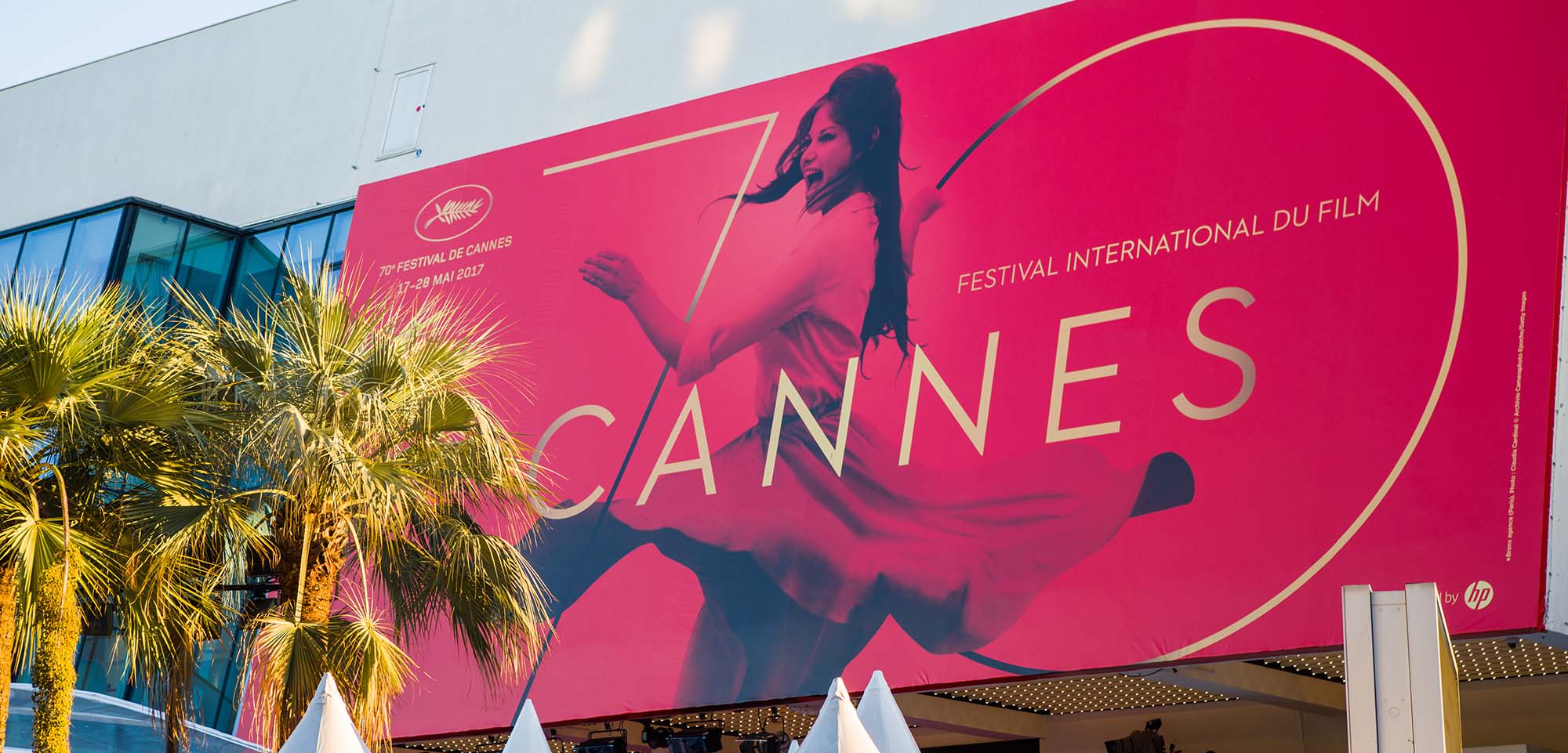
#Flatgate: All the reasons Cannes Film Festival needs to get a clue
We here at Film Daily are huge advocates of film festivals. However, there is one fest that each year seems to get progressively more outdated and it just so happens to be one of the most revered – Cannes Film Festival.
Don’t get us wrong; we’re all for the filmmaking talent that spreads across the event each year, and we’ve even got a few predictions as to who we’d love to see in the lineup. However, the well-established event has introduced just a few too many draconian regulations over the years, adding to them last week with the release of a no press screening rule.
No press

Cannes Film Festival chief Thierry Frémaux announced last Friday there will be no press screenings ahead of the evening red carpet premieres in 2018. In an interview with French trade magazine Le Film Français, Frémaux confirmed that no press events will be held the morning of the world premiere and therefore members of the press will view the movies at the same time as audiences in the Lumiere Theater. The chief reckons, “It will be total suspense.”
However, it’s also going to mean a severe lack of good & bad buzz ahead of the evening. Cannes critics are notoriously harsh at the annual festival and can often seal the fate of a movie before its even made its way to the regular audiences. This is something Frémaux is evidently looking to avoid, although at what cost?
No selfies

The Cannes chief also revealed another red carpet ban – selfies. Frémaux declared: “We decided with (Cannes president) Pierre Lescure to outright forbid them. At the top of the red carpet, the triviality and slowdown caused by the untimely disorder created by the practice of selfies harms the quality of the climb up the steps, and so at the entire festival.” What this enforcement will look like is yet to be seen. Will there be specialized “selfie guards” ensuring no celebrity gets trigger happy with their iPhones? Or perhaps celebs will be forced to drop their cams off before stepping onto the red carpet. Speaking of which:
No flats

Cannes considers itself to be an elysium of old-fashioned glitz & glamour, and there’s one “old” rule in particular it refuses to let go of (despite the controversy). Although several other draconian policies have come out since then (more on that next), a couple of years back, Cannes caused an uproar over its red carpet shoewear rule in what eventually became known as Flatgate.
In 2015, a group of women were denied access to the red carpet screening of a Cate Blanchett (Carol) film because they were wearing flat shoes. Albeit they were rhinestone-embellished ones, but nonetheless, it was simply unacceptable to Cannes because they weren’t heels.
While festival officials refused to comment at the time, they did confirm it was an unwritten rule. Many weighed in on the rule, including actress Emily Blunt (A Quiet Place), who stated, “I think everyone should wear flats, to be honest . . . I prefer to wear Converse sneakers. That’s very disappointing.” Although you might think times have changed since then, according to Kristen Stewart, it remains an “unspoken rule”.
No Netflix

One of the most obvious examples of Cannes Festival showing its age went down last year when it banned films not released on the big screen from competing for its most prestigious prize, the Palme d’Or.
The move came after unrest about inclusion of Netflix films The Meyerowitz Stories & Okja in competition last year; the Federation of French Cinemas was not happy Netflix’s offerings were not released in French cinemas. Out of this, Cannes launched a rule to start in 2018 whereby all films competing will be required to have a theatrical release in France.
However, in a wider context it seems the new rule could place restrictions on mid-level movies no longer distributed by Hollywood’s biggest studios. As Inverse pointed out, “It’s harder than ever to get a studio to back an original movie out of the gate . . . . More and more, only when a movie is independently financed and finished do studio execs consider distributing it, and often, that’s just to get their names on Oscar contenders.”
No chill
So where does this leave us? While we all know Cannes was once the epicenter for Hollywood studios bringing their splashy summer offerings, with a changing landscape in film viewing and distribution, it’s undoubtedly clear the fest needs to get with the times. If they want filmmakers to continue to attend, perhaps its organizers should update its regulations, give Netflix movies a fighting chance, and maybe allow women to rock some Vans on the red carpet.







